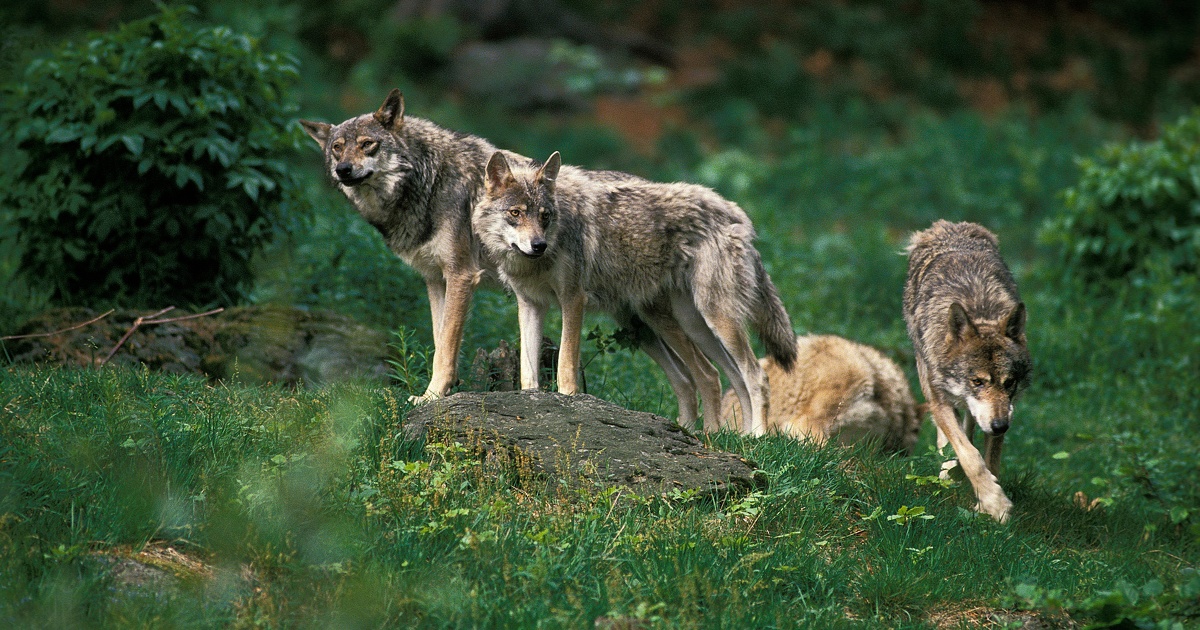
25 Sep 2024 A Victory for Wolves in Europe
Today’s successful vote in favour of changing the wolf’s status from “strictly protected” to “protected” under the Bern Convention is a triple victory:
- A victory for the Habitats Directive established in 1992, which aims to restore habitats and species in Europe. The wolf, nearly extinct in Western Europe, has regained a widespread presence across Europe. The Habitats Directive can now be better seen as a functional legal text that can accommodate conservation success stories.
- A victory for the functioning of institutions which know how to implement good policy-decisions when it’s necessary.
- A victory for the wolf population, which is experiencing unprecedented expansion in Europe (81% growth in 10 years). Coexistence with humans is becoming more widespread, as are conflicts related to this.
Victory for the Habitats Directive
The proposal to change the protection status has resulted from numerous requests from Member States over many years, supported by four European Parliament resolutions in the past five years. It is also backed by the Committee of the Regions, which called for it in its opinion on “A long-term vision for rural areas” in 2022.
In response to these requests, the European Commission launched a new phase of work in September 2023 to address the challenges posed by the return of wolves. The Commission invited local communities, scientists, and all interested parties to submit updated data on wolf populations and their impacts.
Moving the wolf from Annex IV to Annex V does not call into question the legal obligations to conserve the wolf: Member States must still achieve and maintain favourable conservation status, also under Annex V. Further, Member States will always remain free to make their own decisions, just like it is today. Thus, each Member State can implement management measures most suited to its territory and population.
Victory for the functioning of institutions
The European Commission’s proposal was positively received as an initiative to balance conservation and species management. This represents a new balance in a diverse Europe.
Victory for the Wolf population
While the EU assessments do not apply to the current proposal under the Bern Convention, the EU’s proposal points out that the 2019 status assessment “indicated that population sizes, habitat availability, and the species’ range generally show a stable or positive trend in all biogeographical regions, confirming that the species continues to recolonize parts of its natural range.” The 2023 analysis confirms the wolf’s continued positive expansion.
Today’s decision opens the door for coexistence tools to ease tensions. In the absence of appropriate measures, poaching and poisoning are on the rise. The collateral effects are highly detrimental to the environment; not only wolves are poisoned, but livestock guard dogs, bears, scavenging birds, and even worse, the waters of our streams. The persistence of these poisons is an environmental disaster. This phenomenon is emerging in many Member States, with Italy even creating a specialized canine unit to combat this poaching.
Managing problems with wolves must remain the responsibility of States, but they need a stable and lasting legal framework that is not challenged in court every time a derogation is issued by a local authority.

